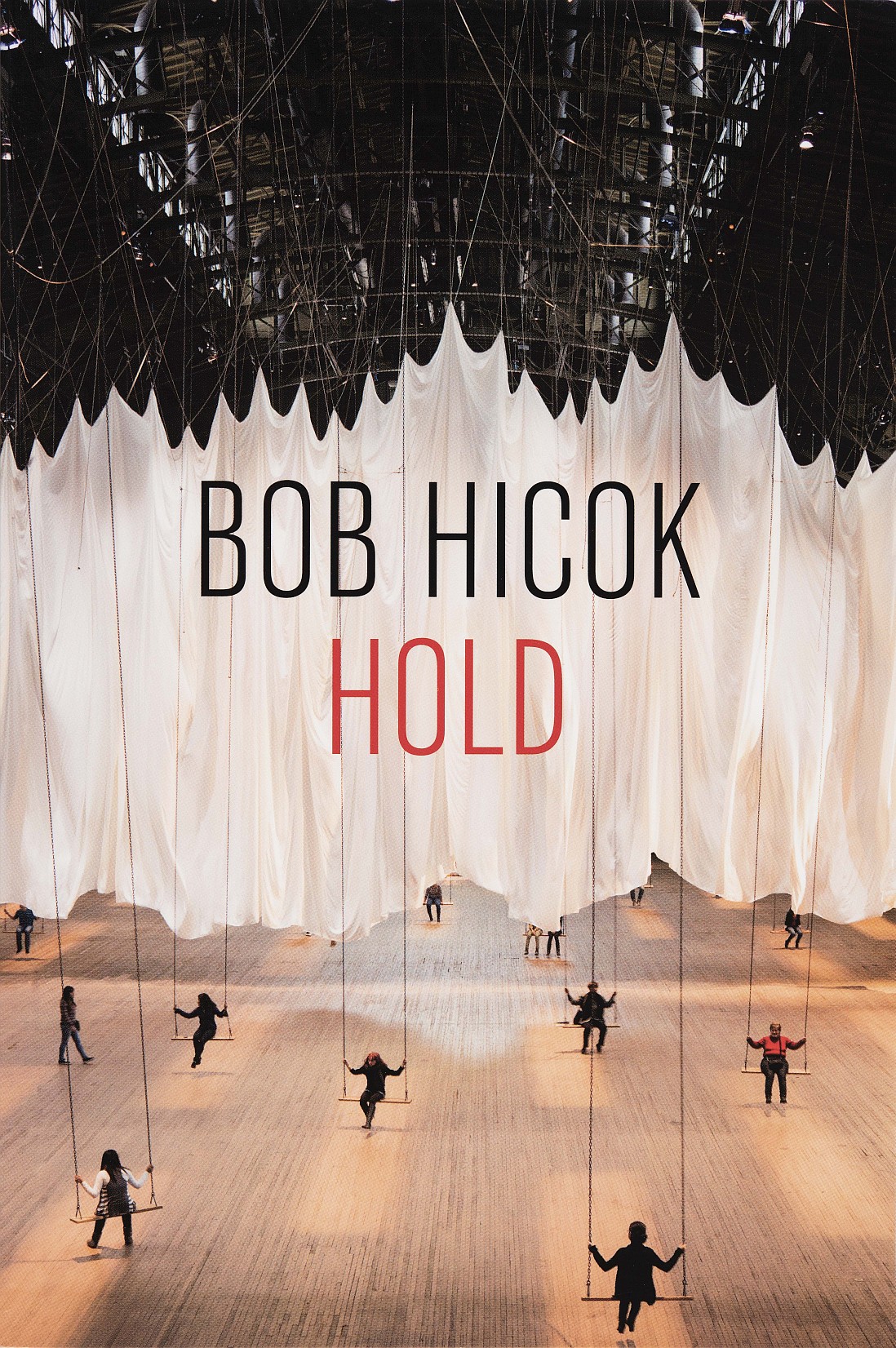Welcome to week 3 of our exploration of Virginia Literary Award Poetry Winners and Finalists. This week we feature LVA runners up Bob Hicok and Erica Meitner. If you are new to reading poetry, consider checking out this guide from PBS NewsHour: How To Read a Poem.
Bob Hicok’s ninth collection, Hold, was published by Copper Canyon Press in 2018. A two-time finalist for the National Book Critics Circle Award and recipient of the Bobbitt Prize from the Library of Congress, he’s also been awarded a Guggenheim Fellowship, two National Endowment for the Arts Fellowships, and eight Pushcart Prizes. His poems have been selected for inclusion in nine volumes of The Best American Poetry. He teaches at Virginia Tech. The following poem, from Hold, is reprinted with permission from the author.

Bob Hicok
Photo courtesy of the poet.
Bounty
Called my mother on Mother’s Day.
Her shoulder hurt. Under her breast hurt.
Her back hurt where it had hurt
for fifty years. That’s half a century of pain
thanks to evolutions idea that we should stop
running around on all fours and stand
against tyranny. She deserves a bread
from realism, I thought. Realism informs us
the knees are the first to go
if you shoot someone in the knees.
I told her I was sending a painting
with actual leaves and peeing dogs in it.
It didn’t matter it was a lie. The point of love
is to lie consistently with an eye
toward the better world that will never exist.
Besides, at her age, she forgets who said what.
I’m sure she off the phone, looked outside
and noticed she was surrounded by trees
and peeing dogs. The echo of what I’d said
felt like coming home after years
floating on an iceberg. The pains lessened,
if only briefly. I was a good son, if only briefly.
The question isn’t when will her suffering end
but why do mothers only get one day a year
to make us struggle to figure out how to thank them
That’s think-tank shit, year-round shit.
That’s deep shit, which leads eventually to fields of wheat and flowers.

- Why does the poet assert that it is better to lie consistently of a better world?
- Why do you think the poet feels he was a good son, if only briefly?
- What other seemingly simple questions deserve a think tank, other than why mothers only get one day?
- Why do you suppose the poem is entitled Bounty?
MORE:
- Here is a video of Bob reading a touching and relevant poem called Calling Him Back from a Layoff:
- An earlier interview with Bob sharing how love and heartbreak begin it all.
- Listen to Bob read his 2015 poem Feeling the Draft

Erica Meitner’s Holy Moly Carry Me, was also a finalist at the Virginia Literary Awards in 2019.
Erika Meitner is the author of four books of poems, including Ideal Cities (HarperCollins, 2010), which was a 2009 National Poetry series winner, and Copia (BOA Editions, 2014). She is currently an associate professor of English at Virginia Tech, where she directs the MFA program in Creative Writing. She was the winner of the 2018 National Jewish Book Award for Poetry and a finalist for the National Book Critics Circle Award for Poetry. Meitner and her work were included in poet Tess Taylor’s NPR segment, describing her thus: “She’s a Jew in Appalachia raising an African-American adopted son. She is and isn’t at home. She’s kind of meditating on these things but she does so in this very incantatory, almost prayer-like way.”
Her poem from Holy Moly Carry Me, (BOA Editions, 2018) is reprinted with permission from the author.
I’ll Remember You As You Were, Not As What You’ll Become
If you are fearful, America,
I can tell you I am too. I worry
about my body—the way, lately,
it marches itself over curbs and
barriers, lingers in the streets
as a form of resistance.
The streets belong to no one
and everyone and are a guide
for motion, but we are so numerous
there is no pavement left on which to
release our bodies, like a river spilling
over a dam, so instead my body
thrums next to yours in place.
When we stop traffic or hold
hands to form a human chain,
we become a neon OPEN sign
singing into the night miles from
home when the only home left
is memory, your body, my body,
our scars, the dark punctuated
with the dying light of stars.

While we know that Meitner’s volume is focused on gun violence, this poem certainly relates to the COVID-19 pandemic. Certainly, her imagery of physical resistance evokes a metaphoric resistance by NOT placing bodies adjacent but instead carefully apart.
- What will you remember about America before the pandemic? During?
- Can you forecast what changes the pandemic will cement firmly into our culture?
….but back to Meitner’s gun violence theme:
- What does the title even mean? Is Meitner glorifying the “good old days” when owning a gun was viewed as owning a tool rather than a political statement? Or is she lamenting a future which is bleak in terms of gun rights?
- Why is resistance/protest scary?
- Why does she feel as though her body is going to protests almost without her permission?
More:
Thank you for following along the National Poetry Month series! Discover more Virginia Literary Award winning poets here.






